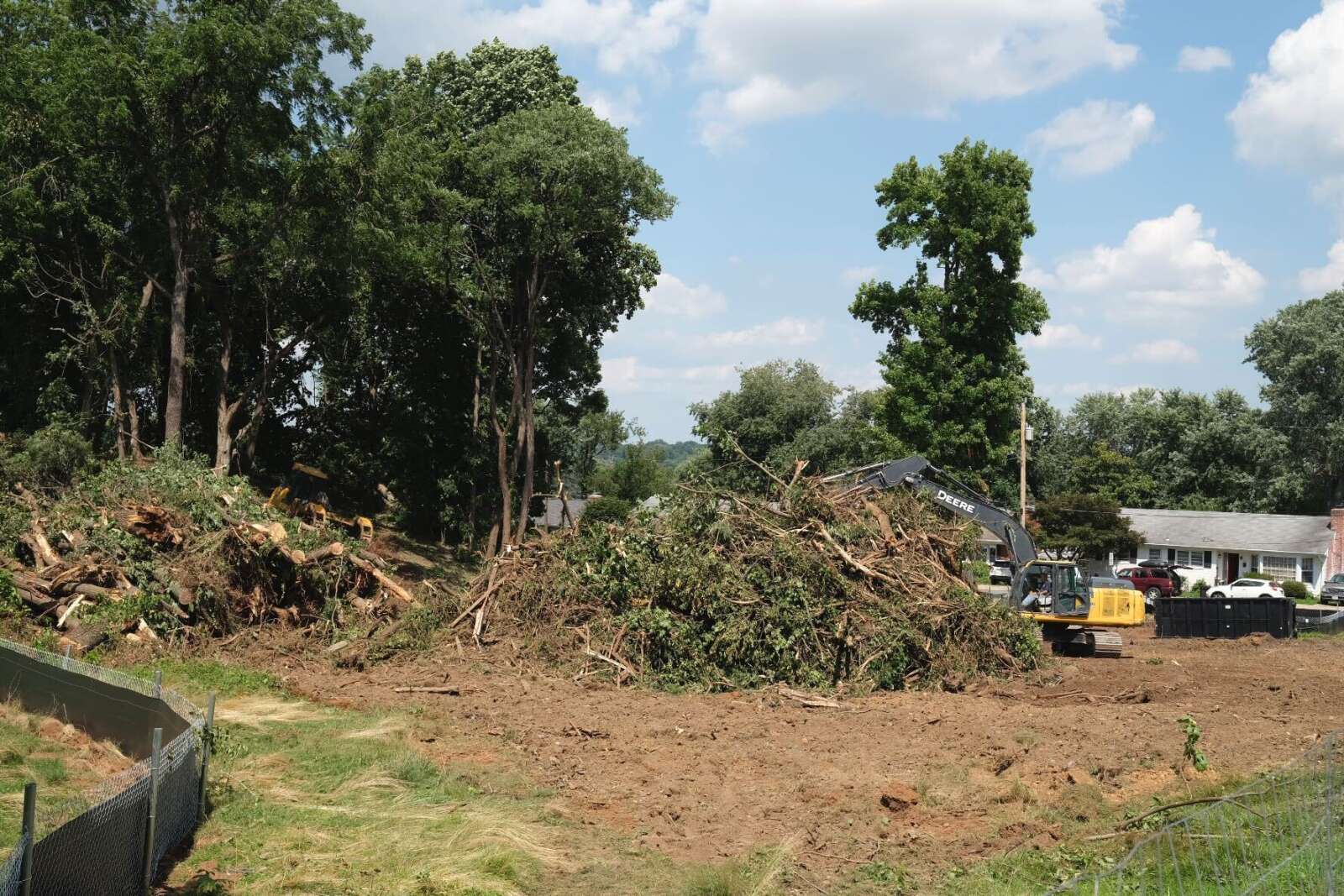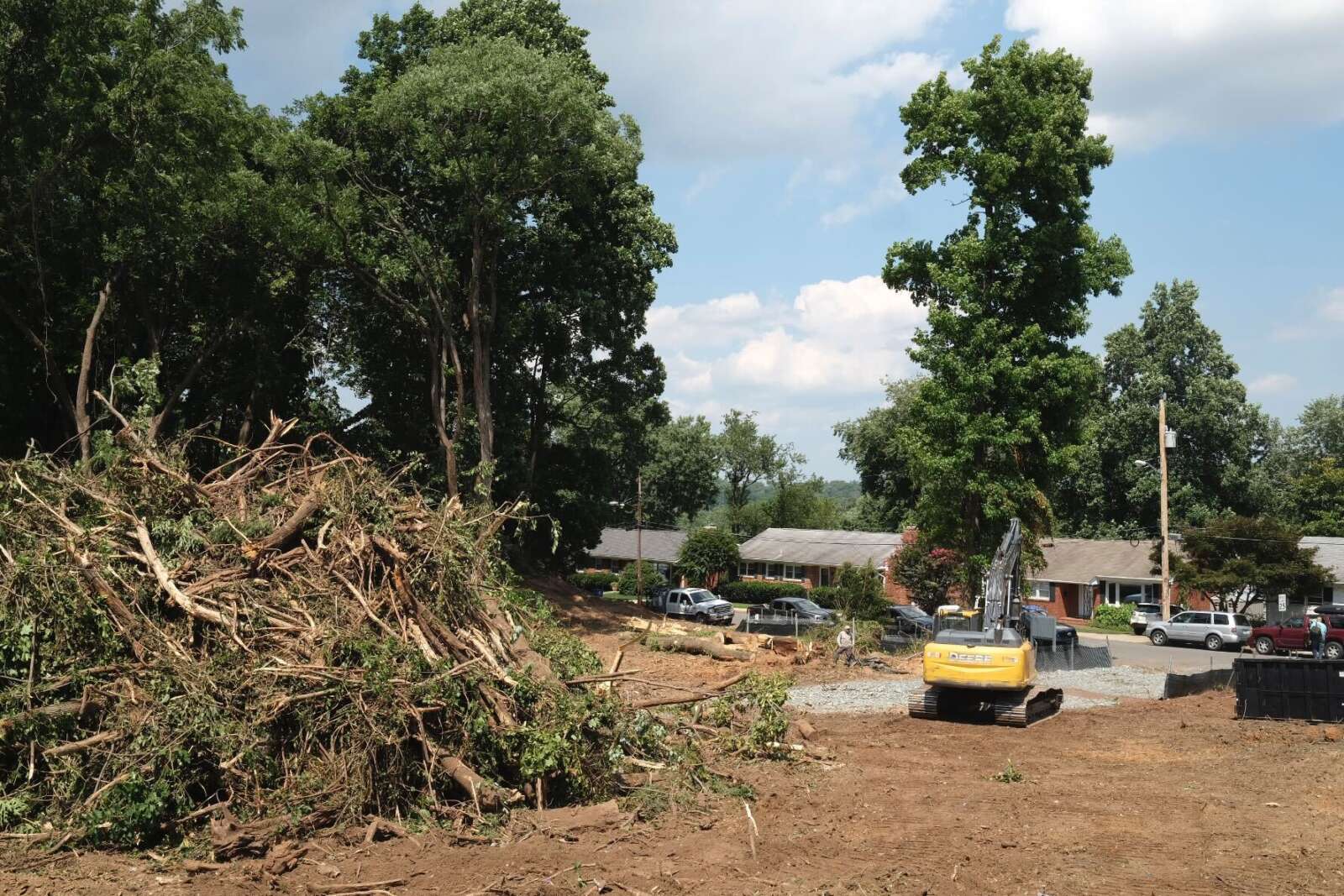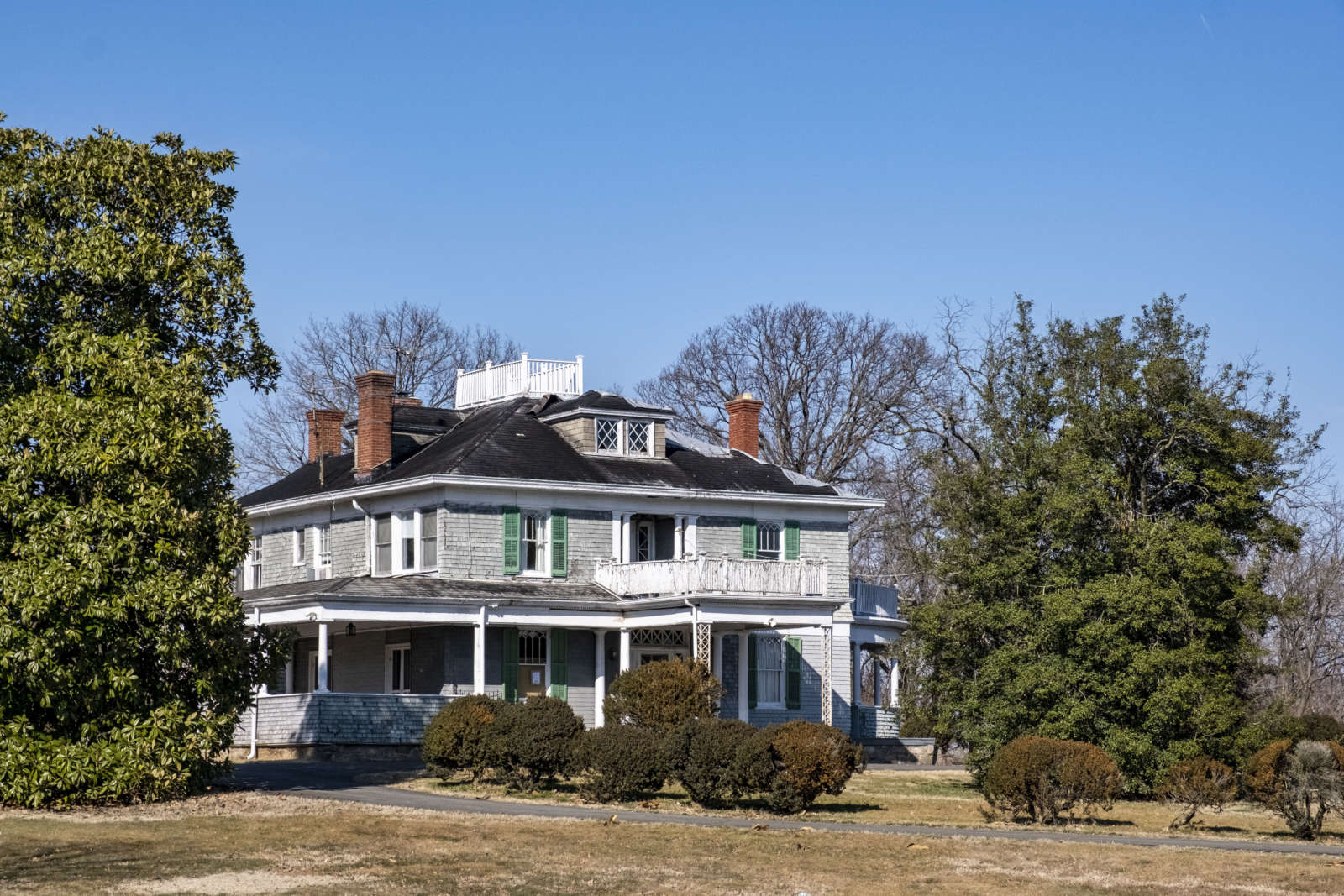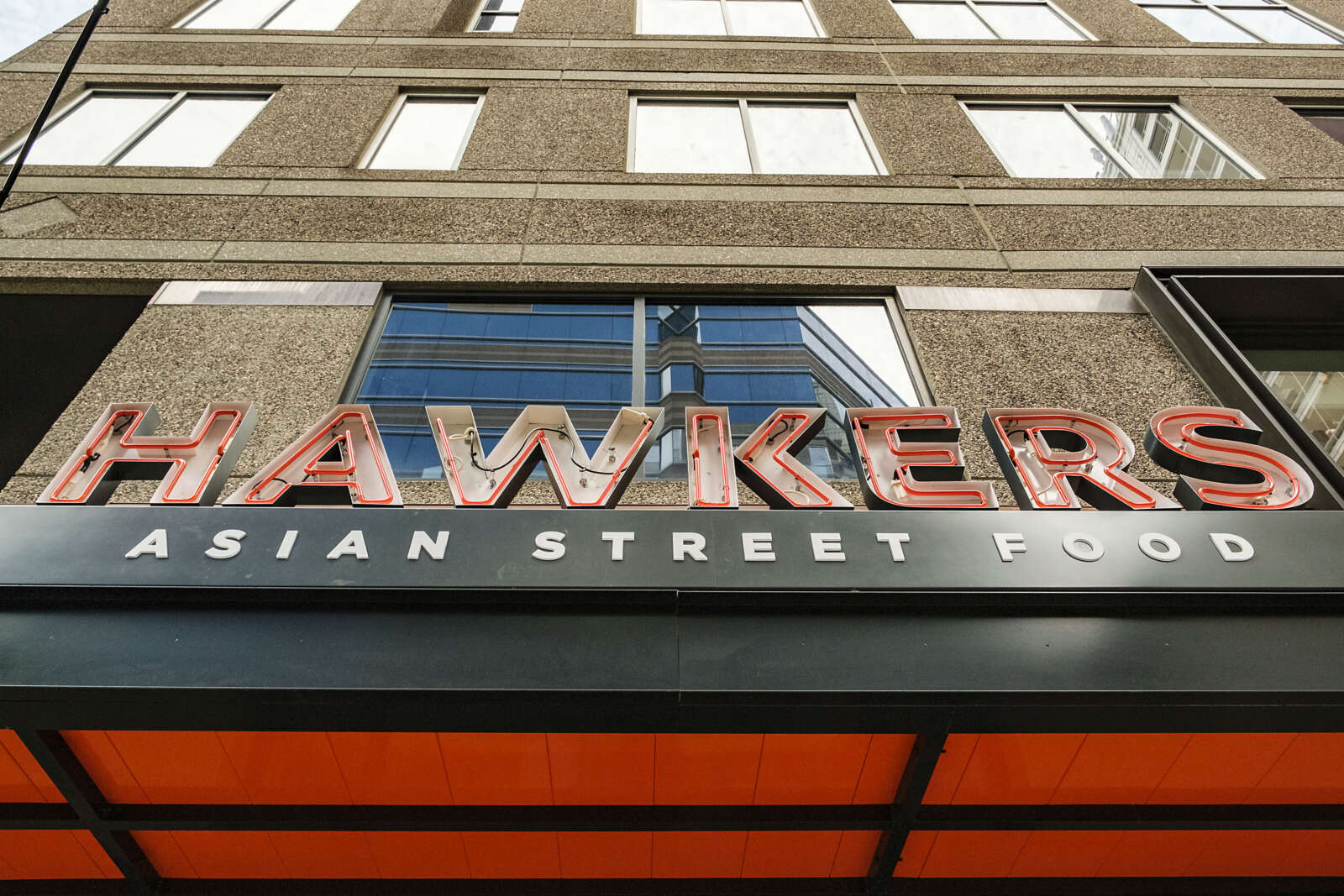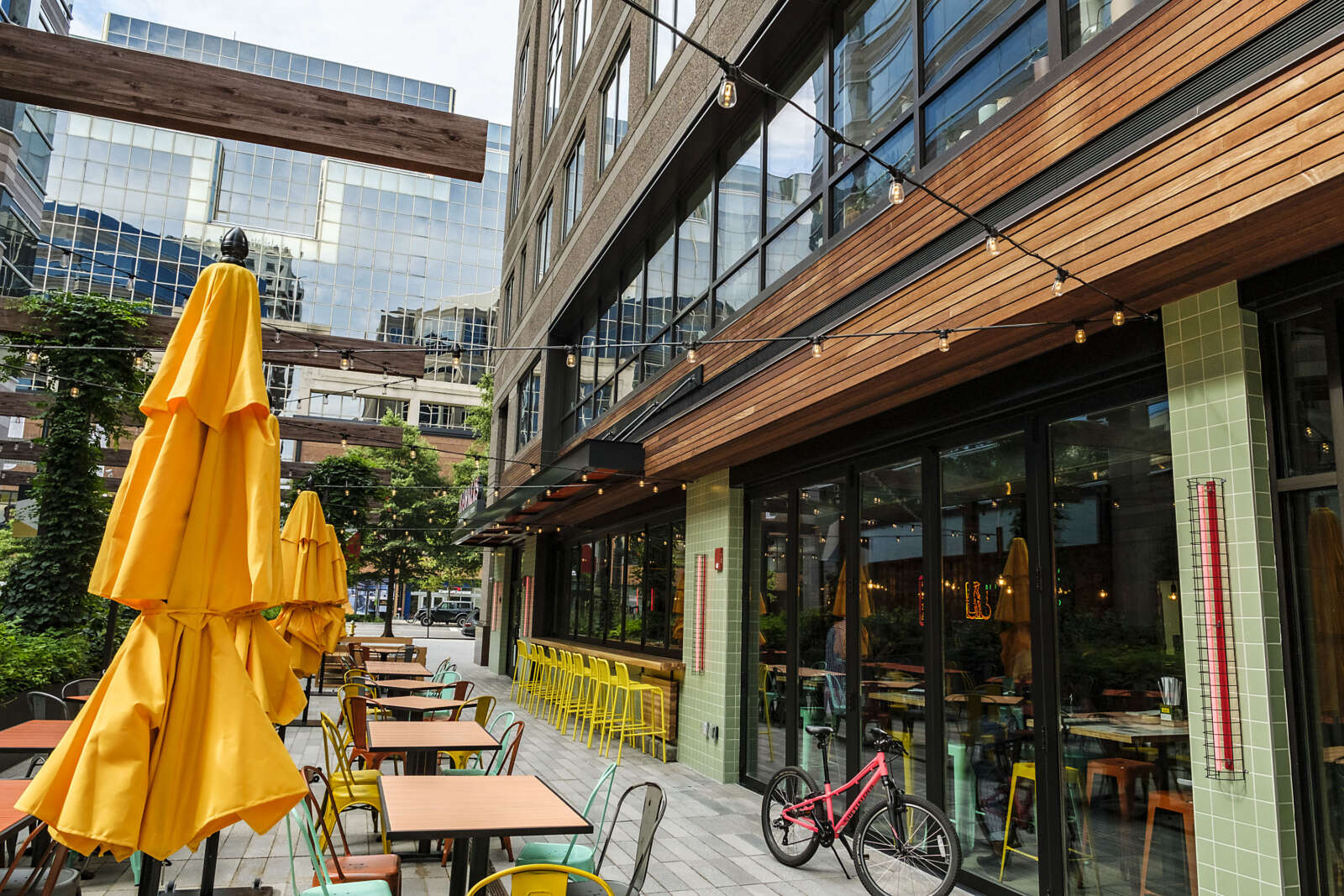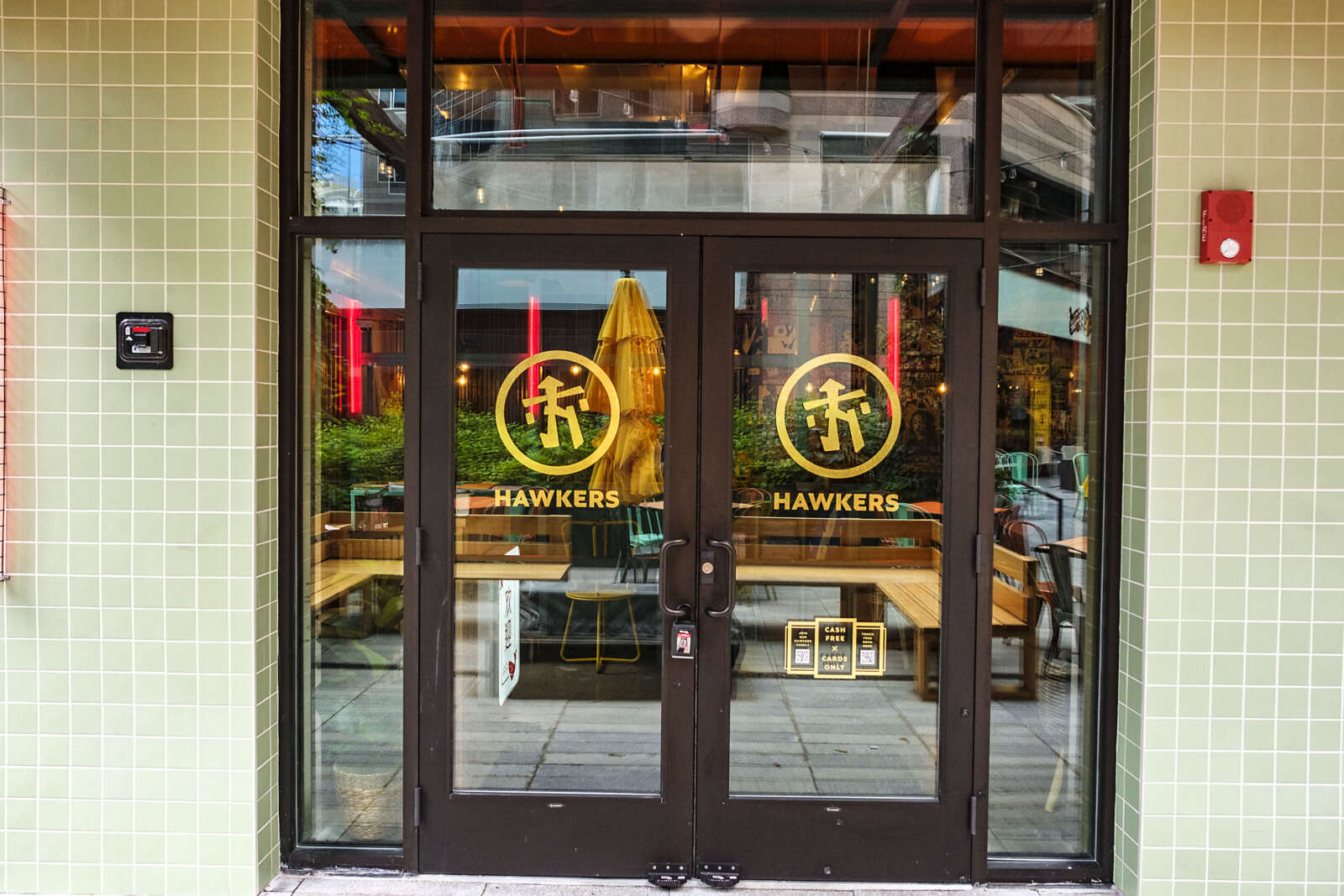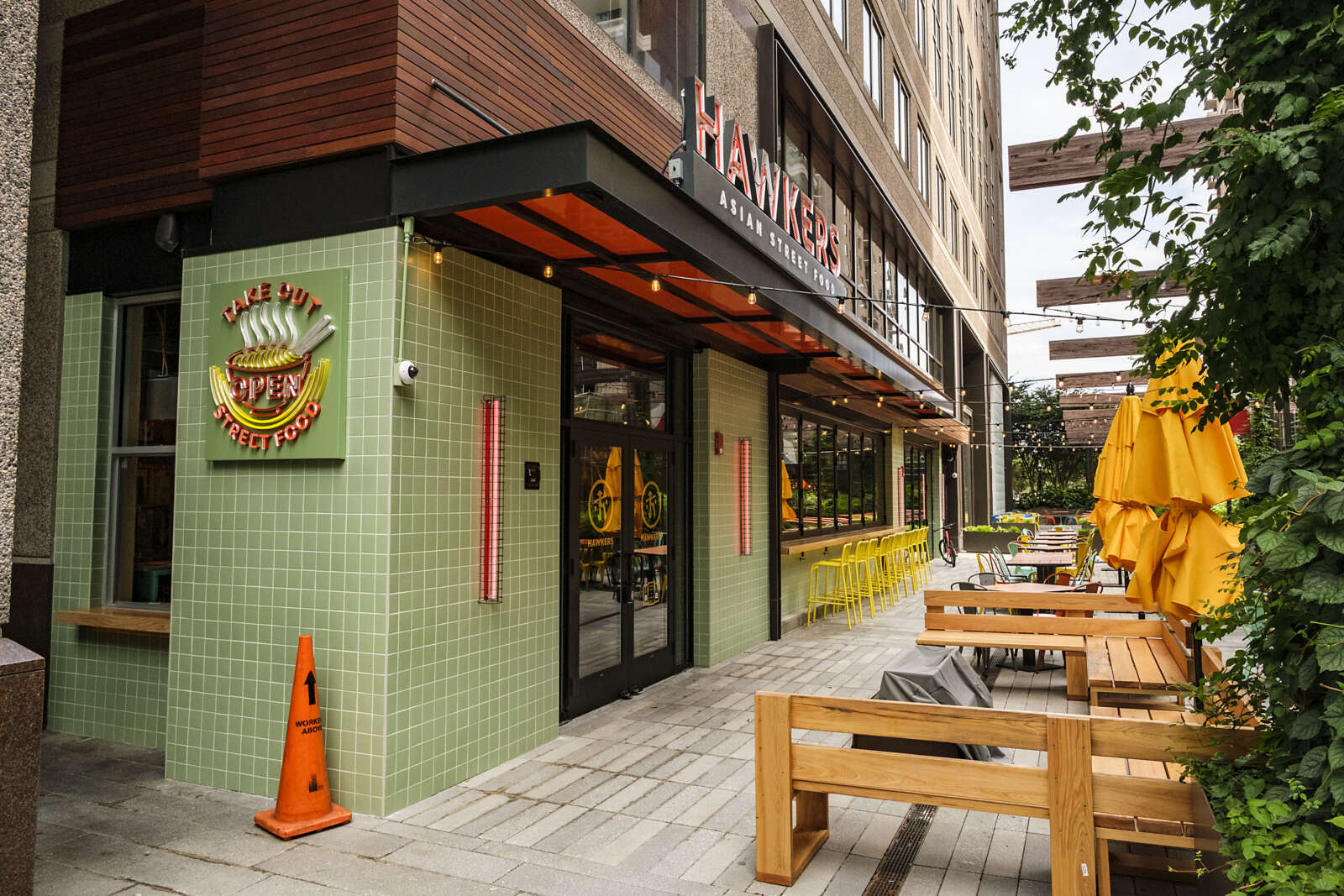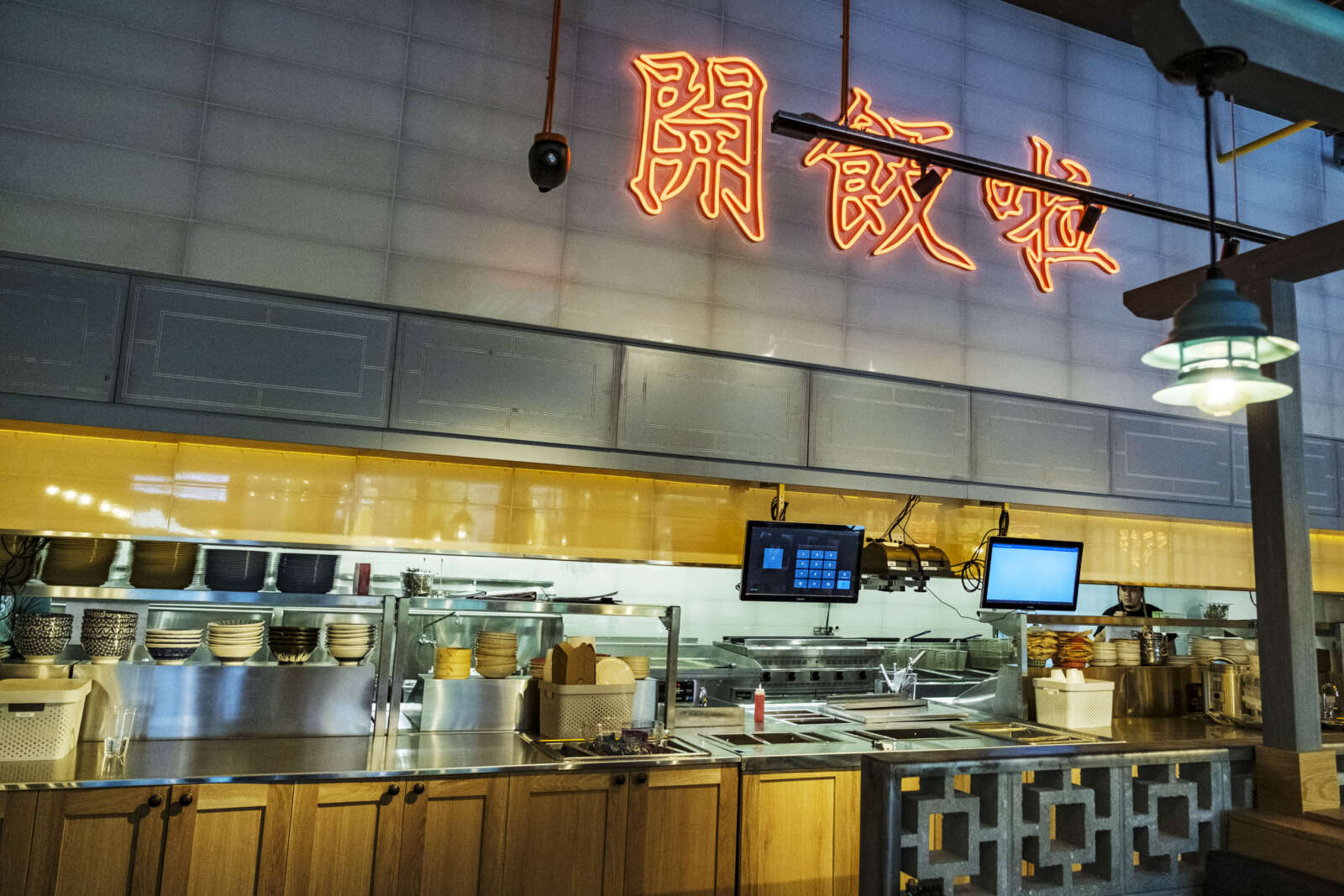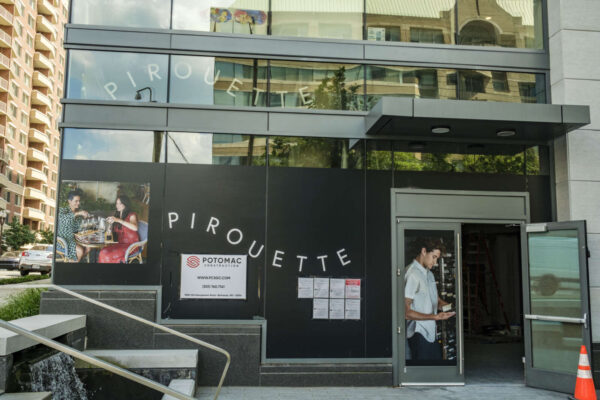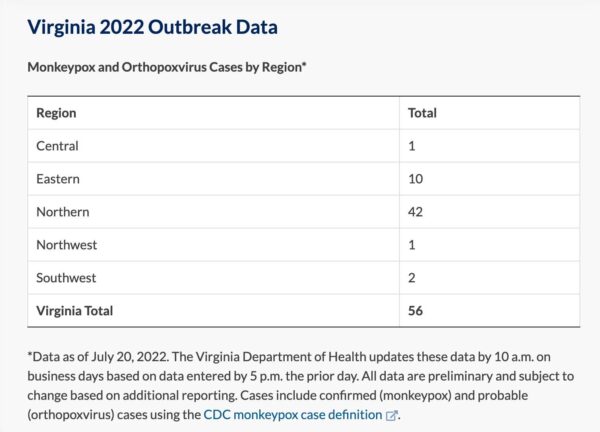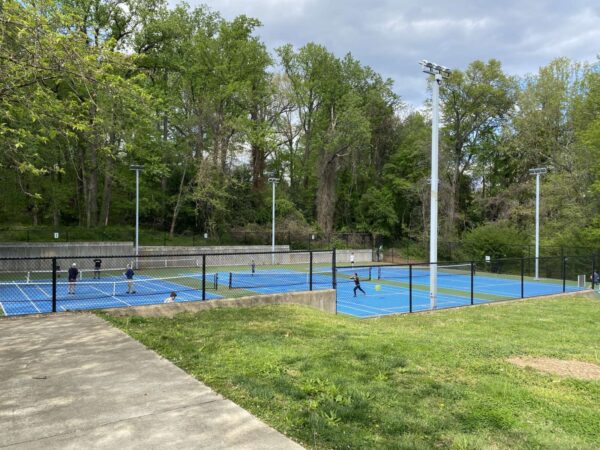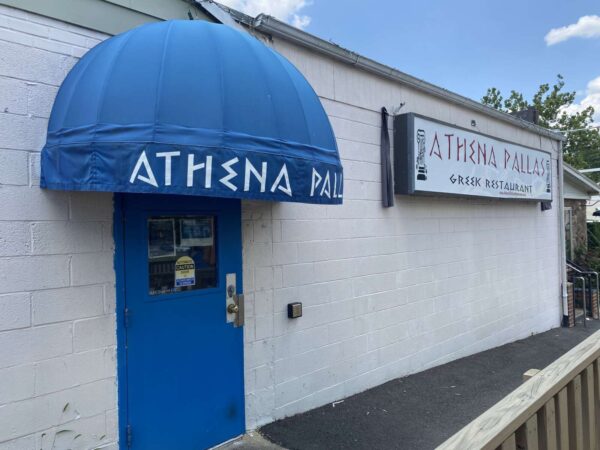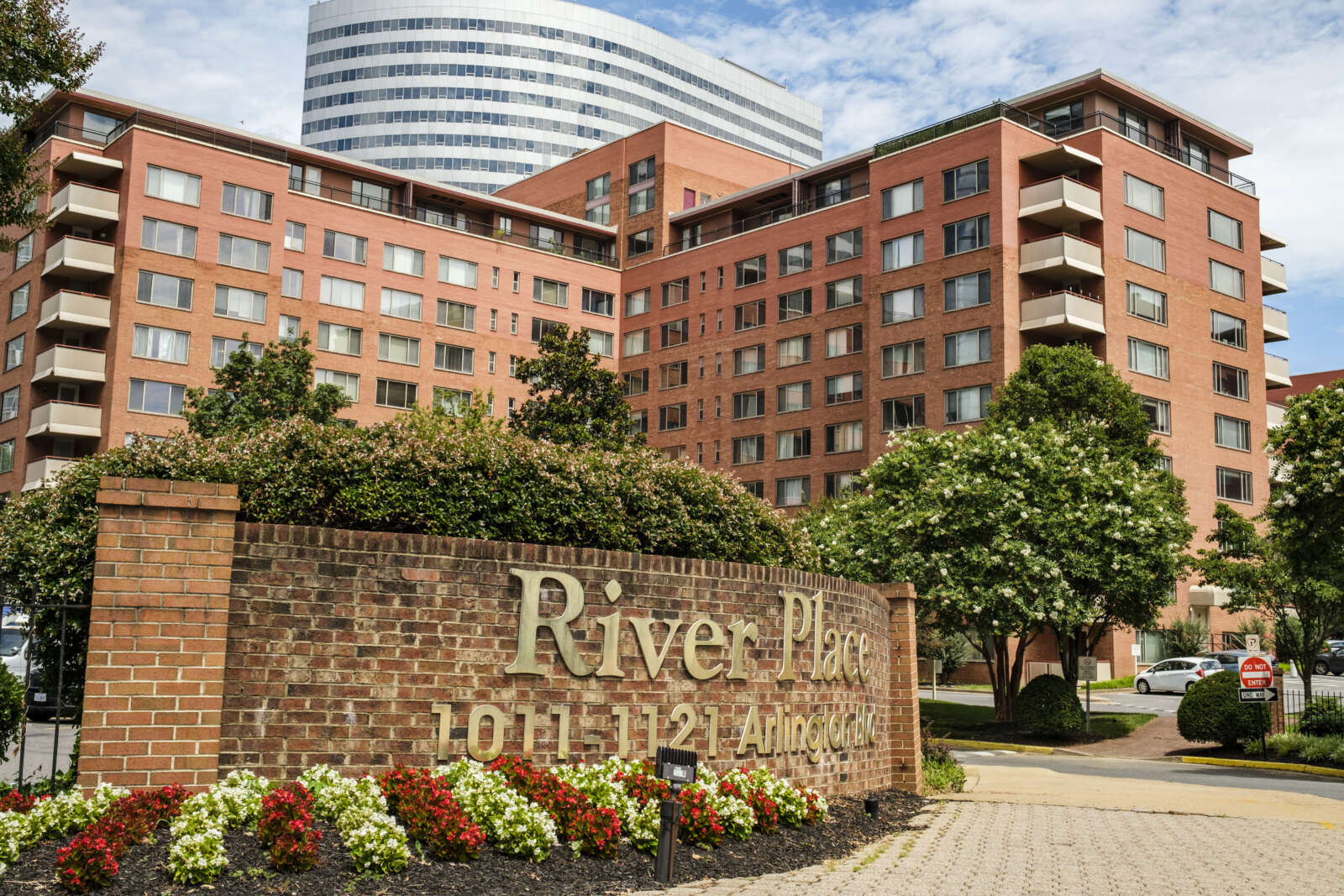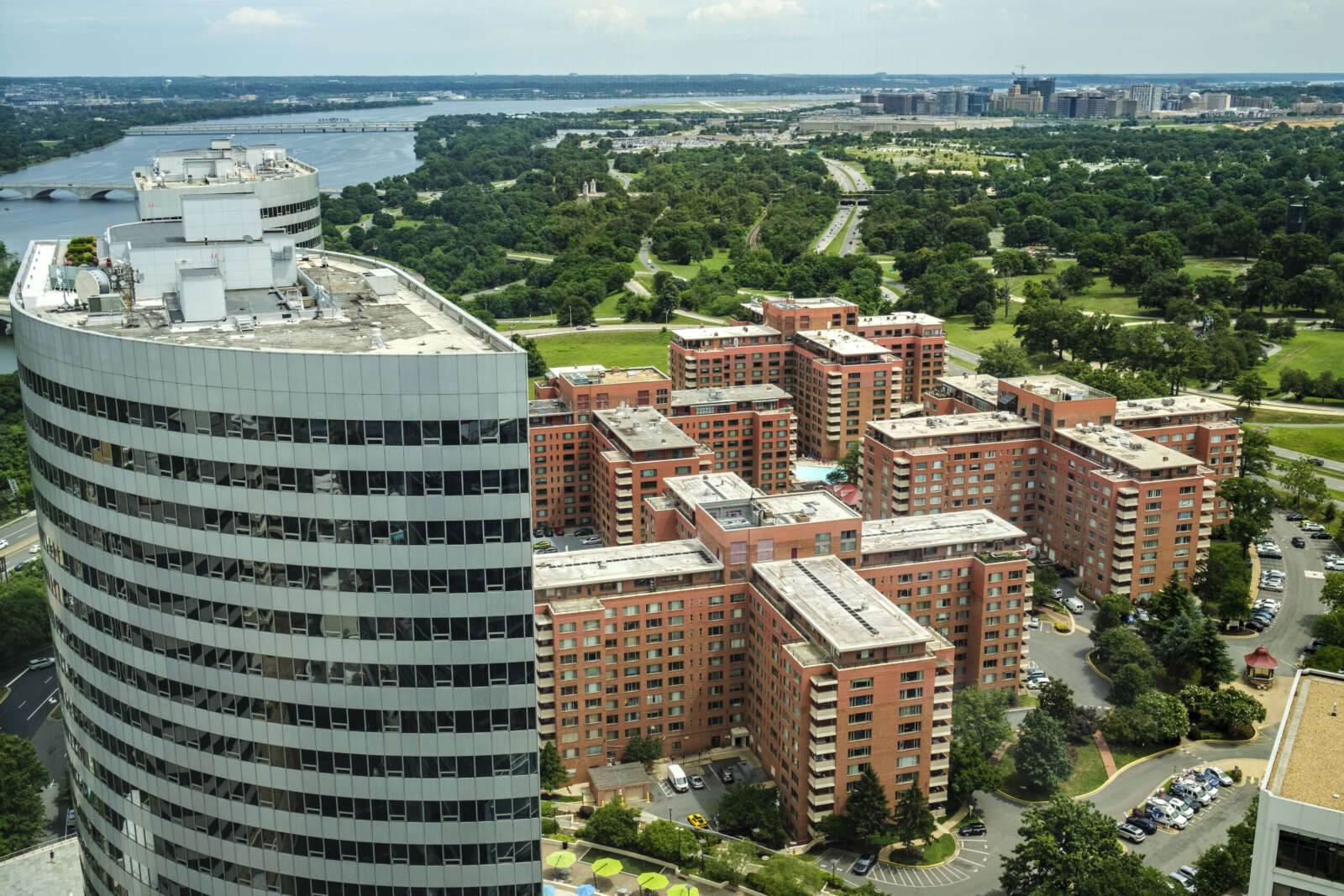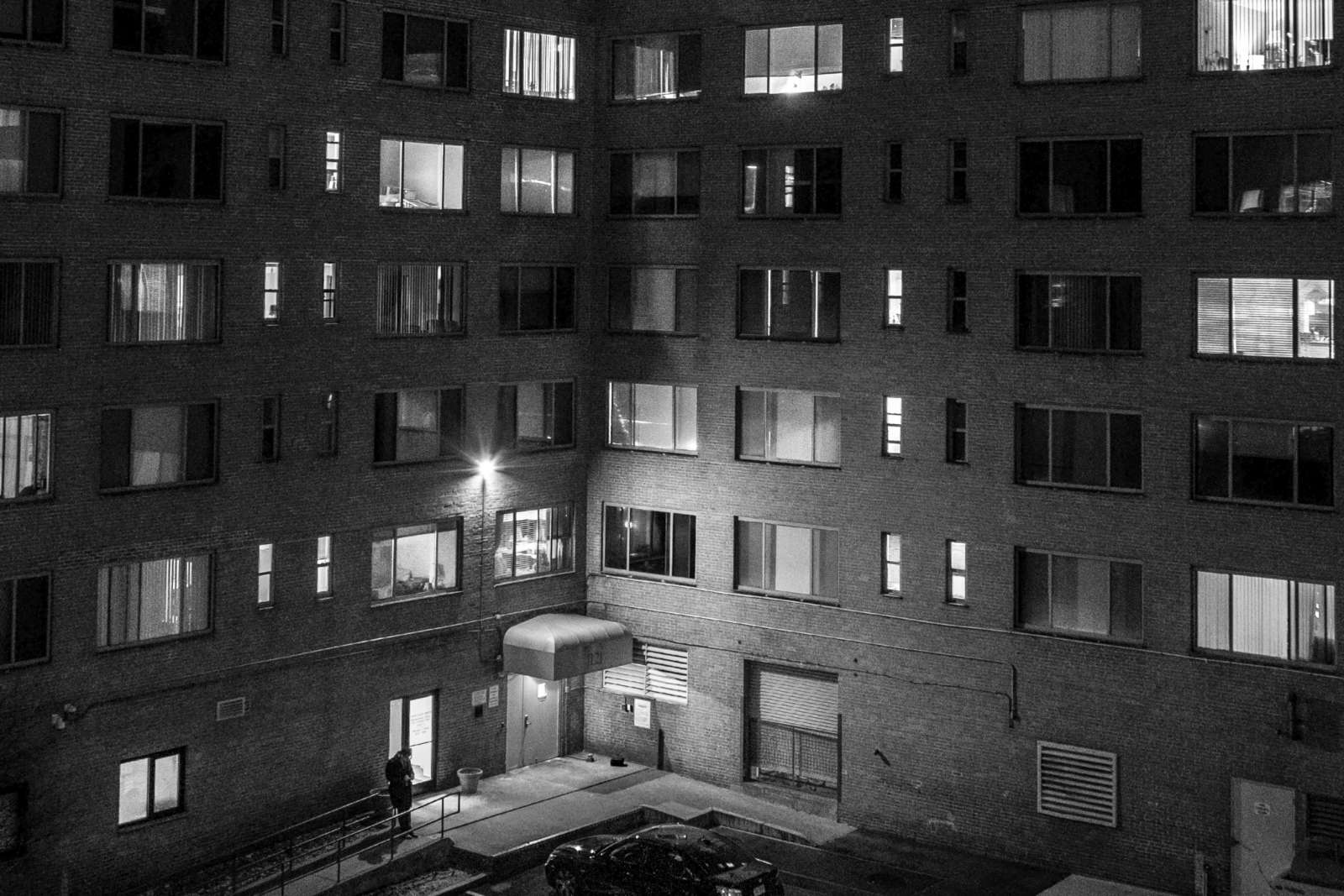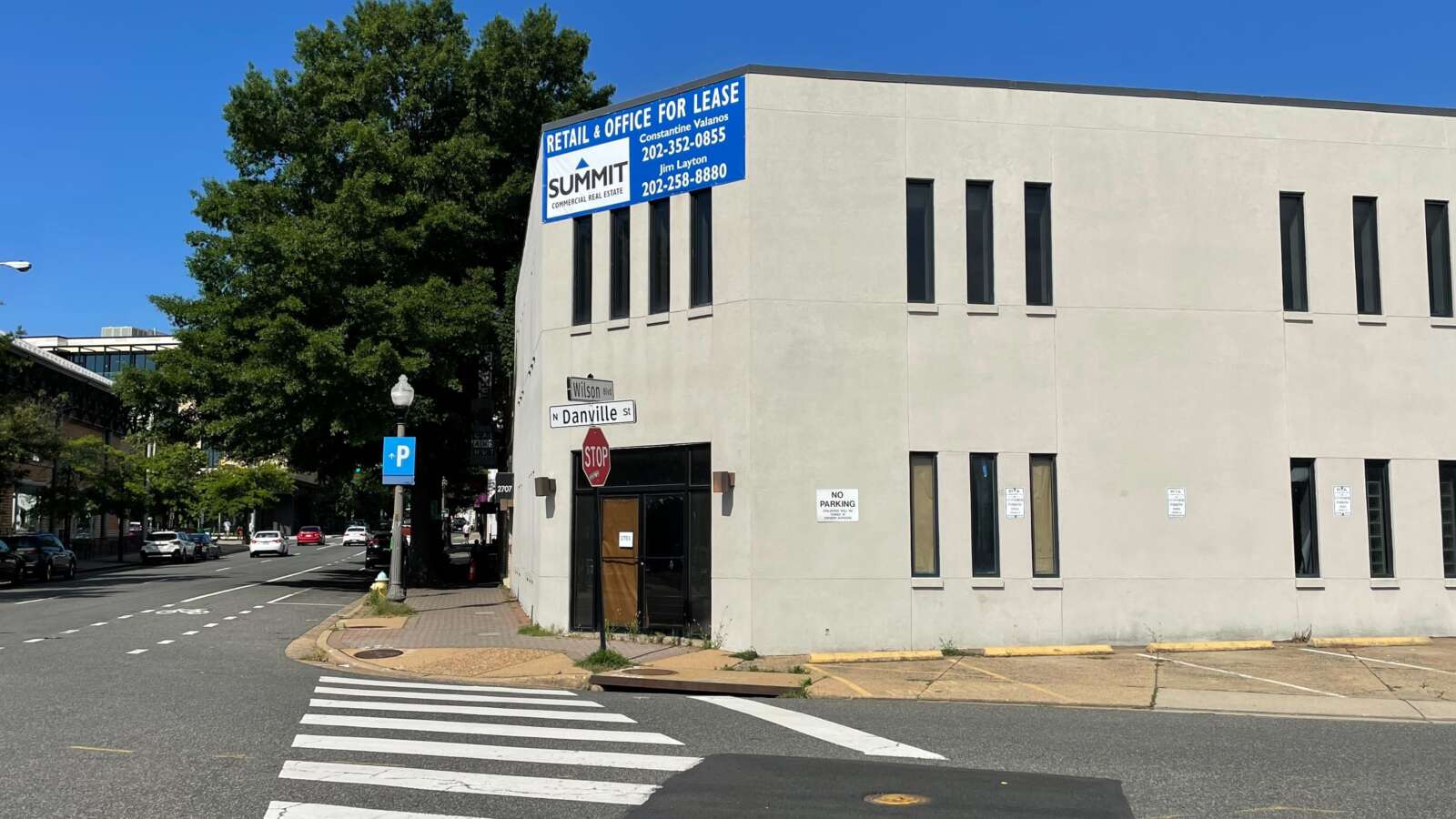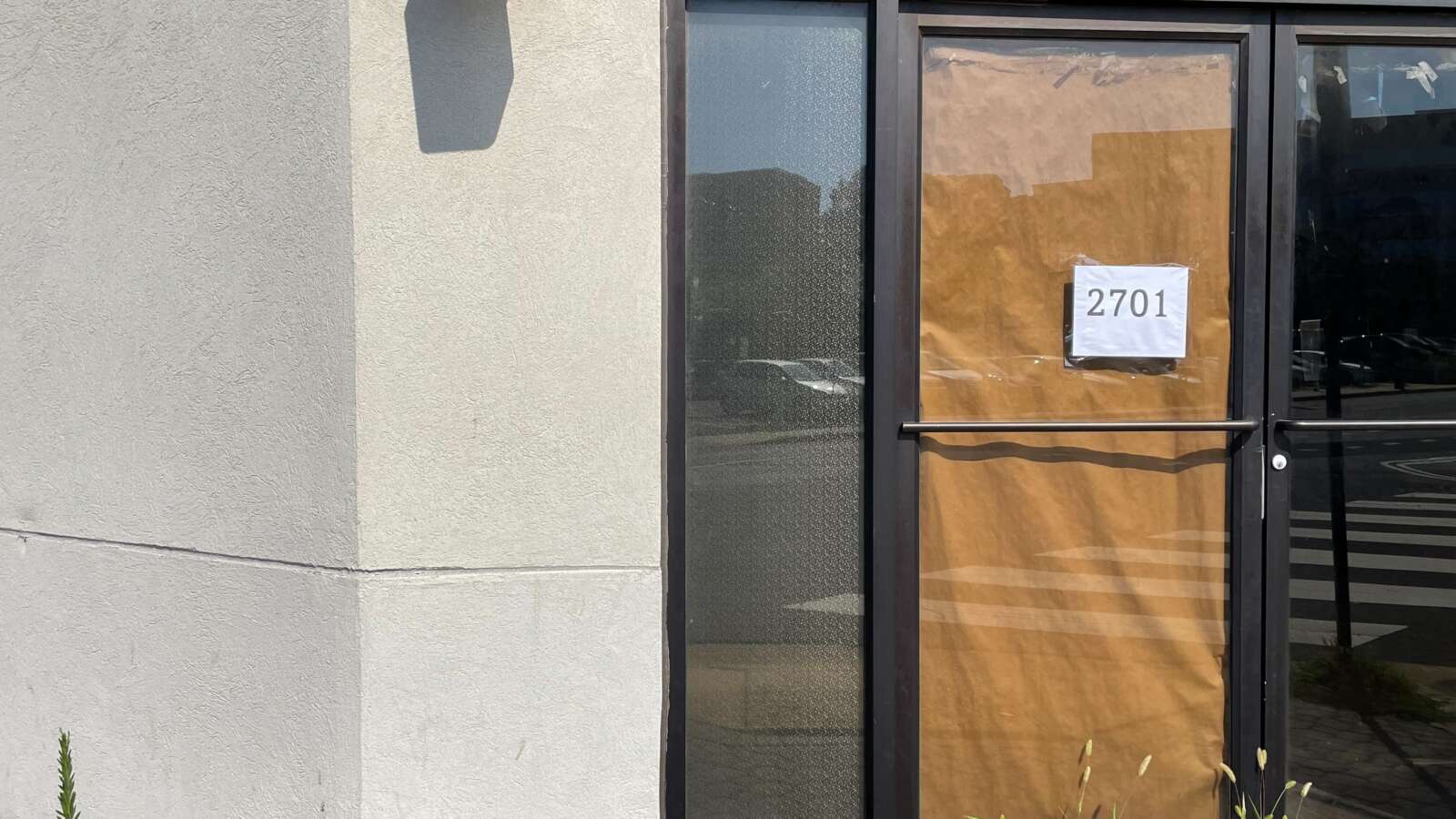(Updated at 10:15 a.m.) Work is continuing on the former site of the Febrey-Lothrop House, also known as the Rouse estate, in the Dominion Hills neighborhood.
ARLnow saw and captured photos last week of what appears to be excavation activity at the site at 6407 Wilson Blvd, including the removal of trees.
The site is now owned by New York-based Kennedy Lewis Investment Management, according to county property records, after it was sold late last year. Some 40 single-family houses are expected to be built on the site, dubbed The Grove at Dominion Hills, by home builder Toll Brothers.
More on the homebuilding plan, below, from an update posted last month by the Dominion Hills Civic Association.
Toll Brothers indicated most homes would be about 45 feet wide on lots around 60 feet wide; however, lots will vary in size, most around 8000 square ft. Homes would be customized to the buyer with a variety of colors available for exteriors as well as options for interiors.
The audience was also eager to know the timeline for construction. At the time of the meeting, the Toll Brothers representatives indicated that grading work on the Madison Street home sites could begin as soon as six weeks from early May, which would be in about mid-June, 2022. However, all is dependent on the Arlington County approval processes. If the timeline continued as plans, construction on homes is projected for late July and as the representative put it, “you could have new neighbors by February.”
The home prices are anticipated to start around $2 million.
ARLnow reached out to the investment company about the work currently being done and if they are partnering with any archeologists or historians during this phase. Previously, local preservationists asserted that the site — which was once home to as many as 15 enslaved people and also potentially used by an Indigenous hunting ground — is historic and potentially contains artifacts, though a County Board report called artifact claims “speculative.”
“We have no comment on the matter,” a spokesperson for the company wrote back in an email.
In March 2021, the historic Febrey-Lothrop House that sat on the nine-plus acres of land at the corner of Wilson Blvd and N. McKinley Road was demolished. That came after a long battle by local preservationists, including the Arlington Historical Society, to save the aging house and estate from demolition and development.
However, attempts to get the county to purchase the site or to give it a local historic designation failed.
Portions of the house may have dated back to at least the Civil War, including an ornate wooden compass floor inlay built into what had been a library, preservationists argued.
In the late 19th century, the house was sold to department store magnate Alvin Lothrop. He knocked down most of the previous structure to build his own colonial revival style home, inspired by George Washington’s Mount Vernon.
The house stayed in the family after Lothrop died but reportedly was leased to Howard Hughes, the famed aviator, inventor, and businessman. He hosted lavish parties there, inviting guests like movie star Jane Russell and Washington football team owner George Preston Marshall.
The house and estate — which at the time was even more expansive — were sold to Middleburg, Virginia-based developer and amateur steeplechase jockey Randy Rouse in 1951. He broke up most of the estate to form the surrounding neighborhood but kept the house and close-by property.
Giving the house another brush with Hollywood history, Rouse married Audrey Meadows, who had just been cast on the TV show “The Honeymooners.” But commuting from Arlington to New York for filming supposedly stressed the marriage and they divorced soon after.
Rouse owned the house up to his death in 2017 at 100 years old. A trust in his name owned the property, but it opposed the historic designation and moved to sell the property for redevelopment. Ultimately, the house was torn down early last year.


